Getting a good night’s sleep is vital to maintaining health and well-being. Feeling well rested also helps people take more on during the day, becoming more productive than if they weren’t getting enough quality sleep. However, there are numerous factors that can prevent a solid and restful slumber. Here are seven ways your pillow might impact your health and sleep.
1. Toss a Lumpy or Stained Pillow
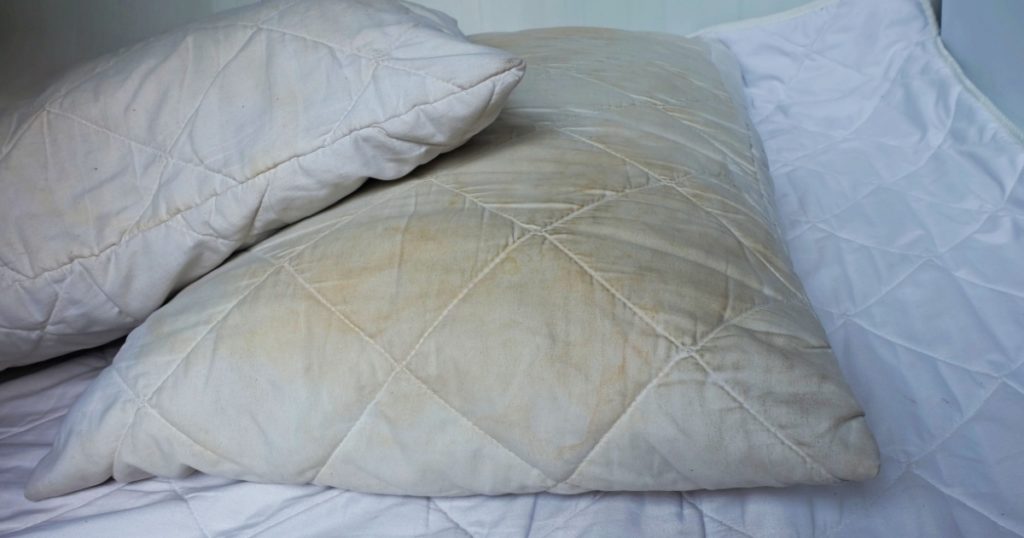
Over time a pillow will lose its shape, become saturated in body oils, or stained, and eventually be less effective in serving its purpose to help you get a restful night’s sleep. It’s a good idea to replace them once every other year or so. However, it’s more than likely time to do so now if you notice waking up feeling less rested, in pain, or cloudy-headed. After all, sleep is one of the key elements that keeps us going.
2. The Pillow should Complement the Mattress
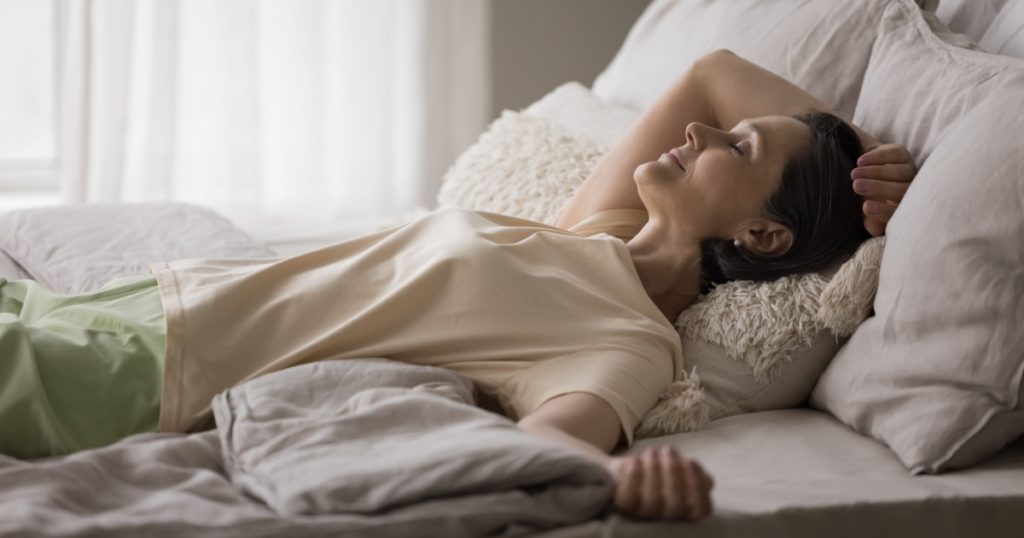
While it’s essential to choose a pillow that’s comfortable for your body and sleep type, it’s equally important to ensure that your pillow works with the mattress you have to enhance your sleep. For example, a body sinks more easily into a soft mattress and won’t require a thick or full pillow to be supportive.
3. Playing a Role in Good Sleep Hygiene
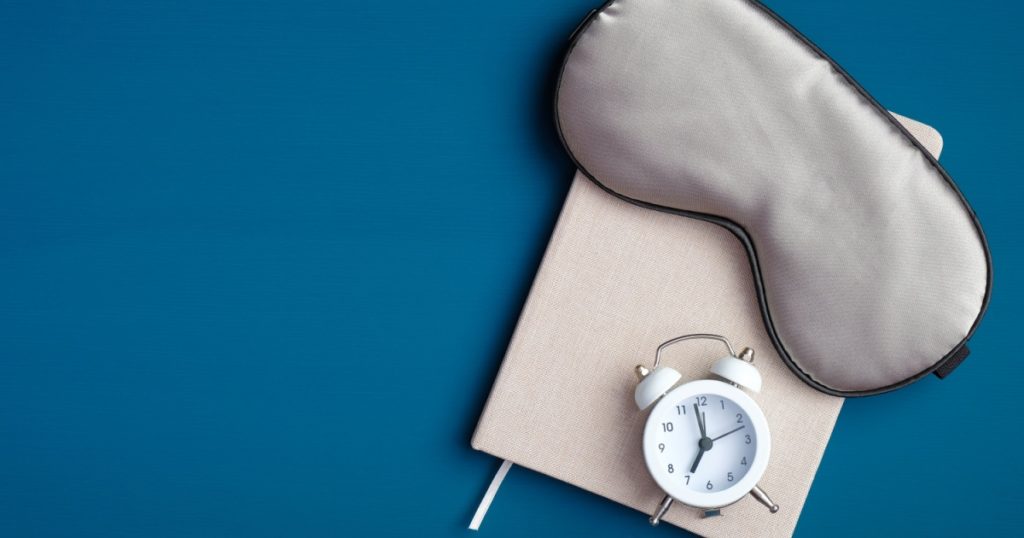
Sleep Hygiene refers to the “prep work” that goes into people’s bedtime routines. This can extend to things like not watching TV in bed to brushing teeth and slathering on some moisturizer. Keeping to a strict routine, going to sleep and waking up at the same time every day and or having a sleep environment that is cozy and comfy. One sure way to ensure your sleeping space is the most welcoming and calming it can be, is to make sure your pillow feels supportive but also gentle enough to accommodate your sleeping position.
4. Pillow too Soft

A pillow that’s too soft may cause a strained neck and pain in the shoulders or back, as well as frequent headaches. One major factor for this is that without enough support, the head may “tilt” to compensate. While pain anywhere in the body is incredibly uncomfortable, it’s not the only example of the adverse health effects. A pillow that isn’t supportive enough can also inhibit proper function of the circulatory system. This means that it can cut off or decrease blood circulation, further impacting parts of the body, such as the nervous and respiratory systems.
5. Pillow too Inflexible
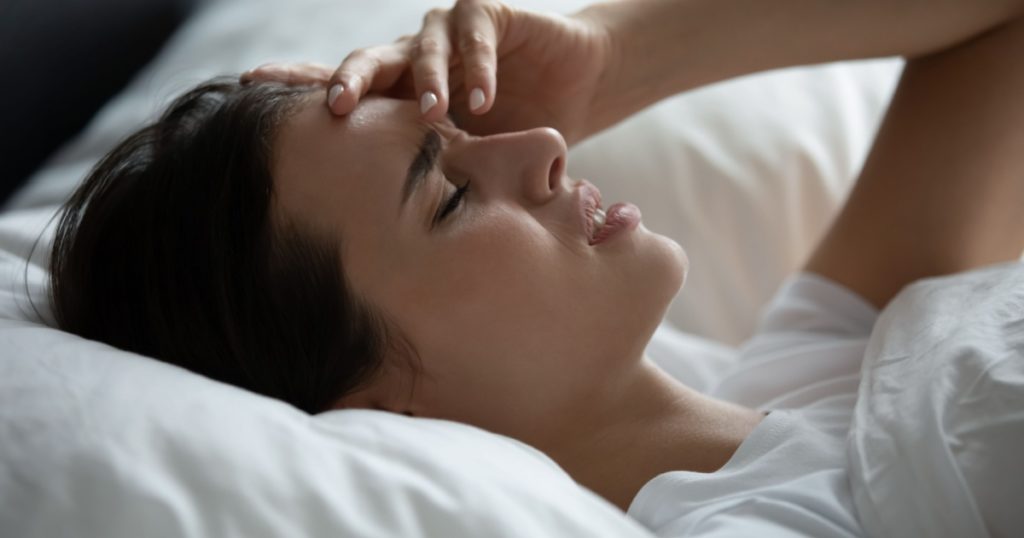
In the same way that a pillow without adequate support can cause discomfort to the neck and back, so too can one that provides too much support. One that is nearly solid and doesn’t conform to the shape of the sleeper’s body, also cause the neck to become strained, especially as some people are restless sleepers. “If your neck is bent in any way for an extended period of time, you’ll get uncomfortable,” explains a physical therapist at Spaulding Rehabilitation Hospital by the name of Matthew O’Rourke.
6. Material Matters
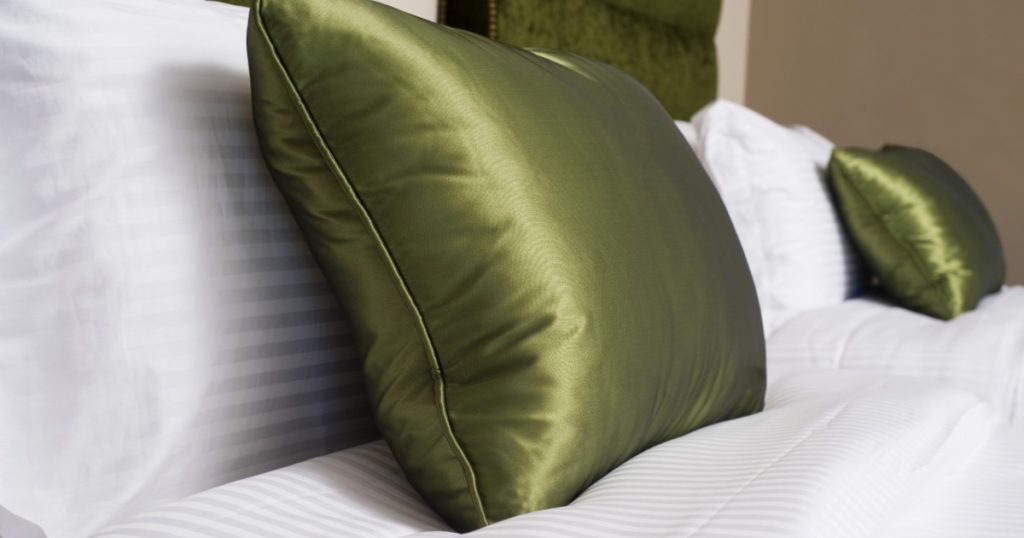
The materials that make up a pillow, are just as important, if not more so than its firmness. There are two significant reasons for this. The first is that materials stuffed with down feathers are much warmer, trapping in heat—comparatively, those made of breathable material like cotton or latex. Second, when they trap heat, causing you to sweat, they also trap moisture, becoming a breeding ground for bacteria. Then, as you sleep, pores become clogged with bacteria, causing acne and other skin irritants. Therefore, a pillow with antibacterial and breathable materials like bamboo will help boost your sleep.
7. As Does Pillow Position
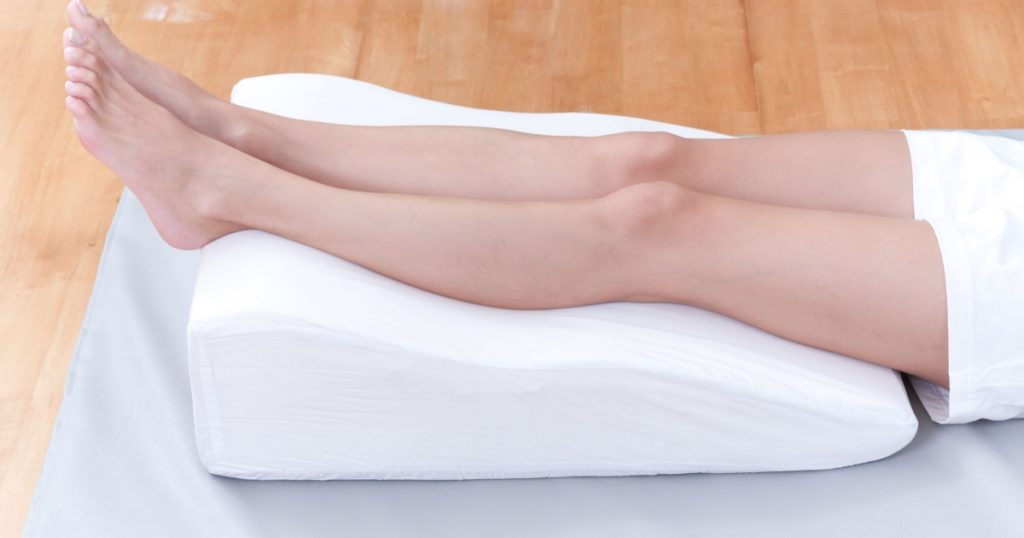
Similarly to a pillow that’s too soft or inflexible, one that isn’t positioned correctly can put a strain on the spine and negatively impact posture. Furthermore, a pillow that isn’t positioned correctly and isn’t the proper firmness for your body’s needs may also increase the risk of sleep apnea-related complications. Fortunately, several alternatives make sleeping more comfortable, like wedges or body pillows.
The Bottom Line

Most people know, particularly as they get older, getting a good night’s sleep can be difficult. Moreover, everyone sleeps differently, so the correct or ideal pillow won’t be the same for everyone. For example, slide sleepers will need a different level of firm than those sleeping on their backs or stomachs. Meanwhile, someone who lives in warmer or wet climates may need a more breathable pillow than someone who lives where it’s cold for most of the year. From neck pain and headaches to nurturing a breeding ground for bacteria, there are numerous reasons to ensure your pillow isn’t working against you while you sleep.